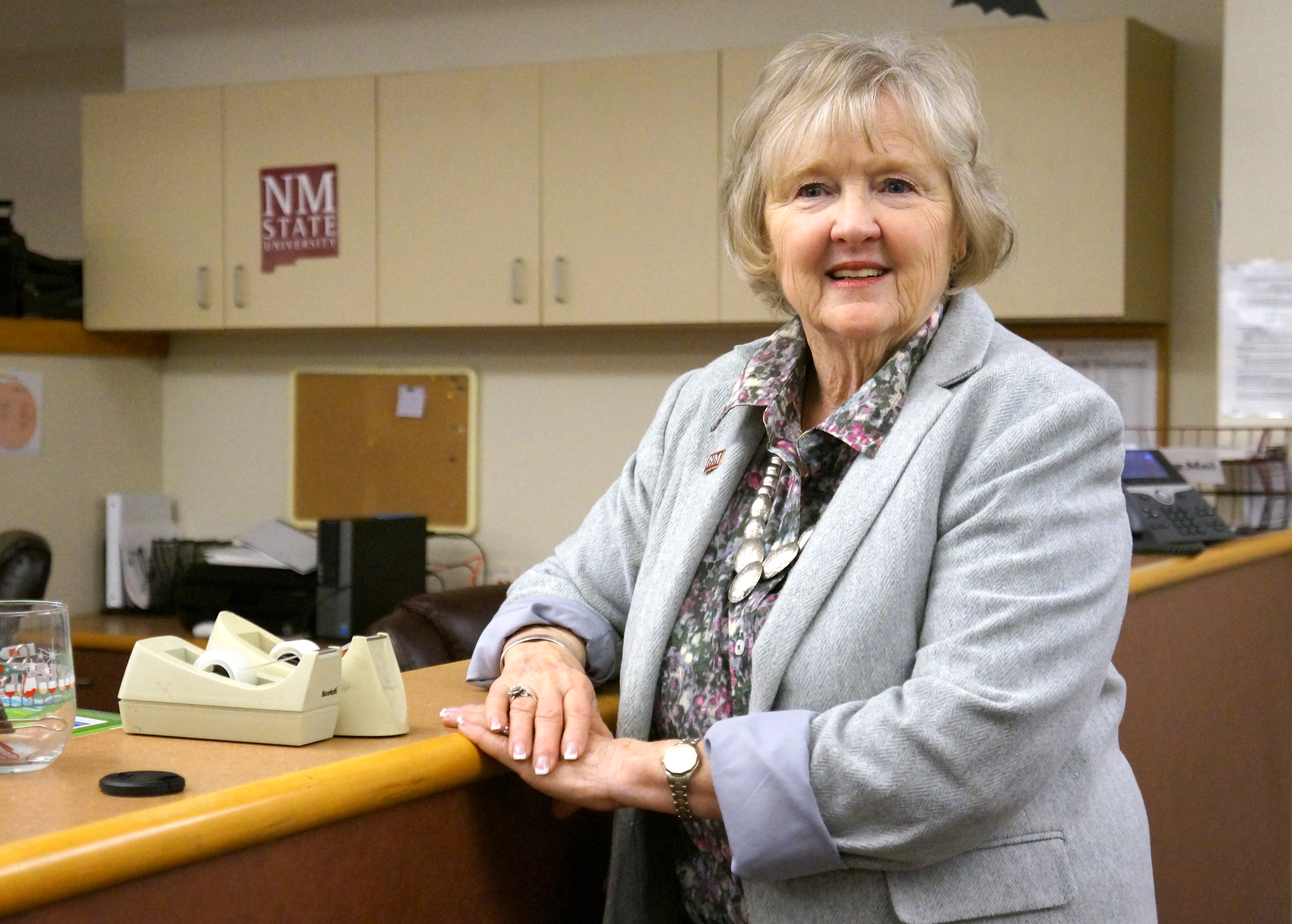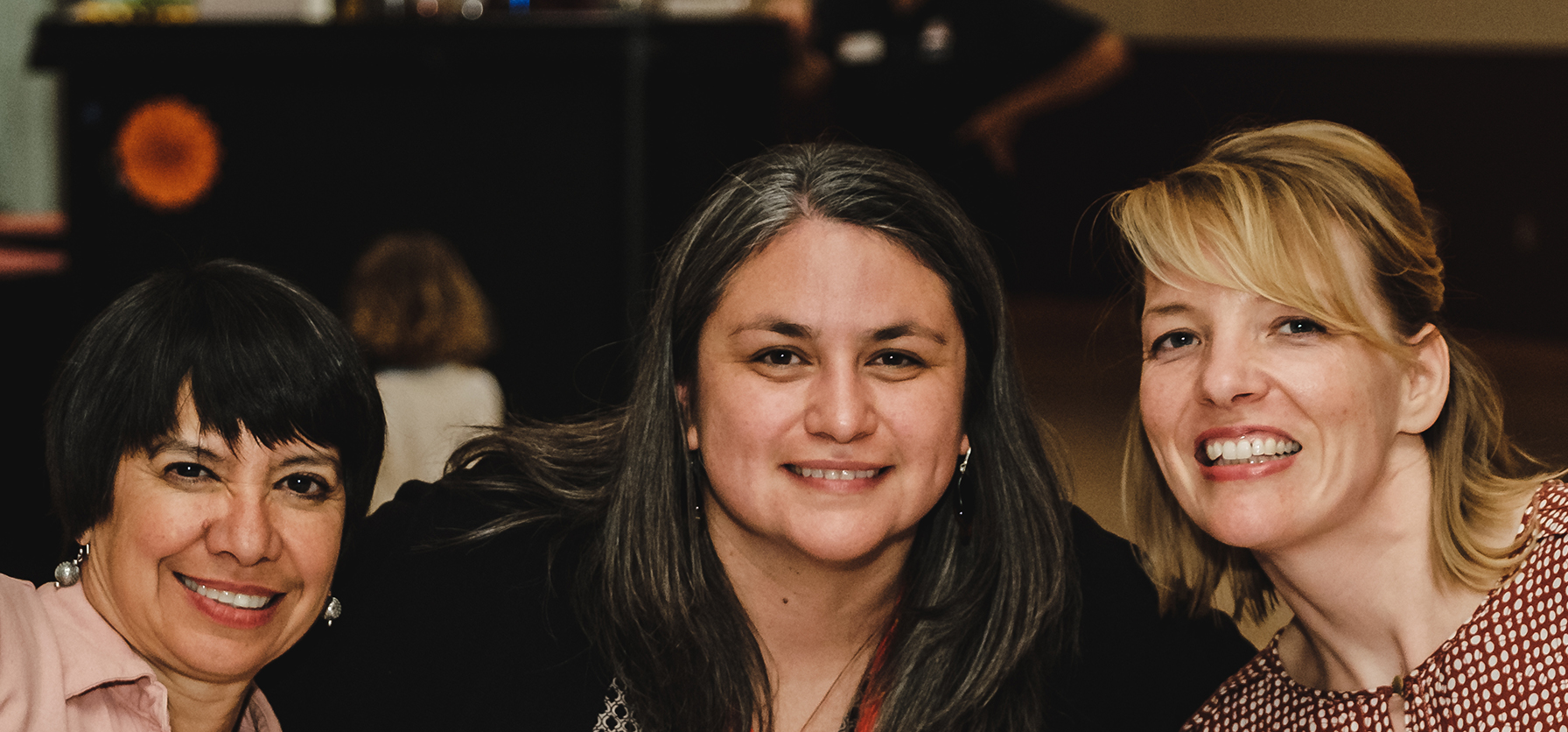Generous gift to impact early childhood research at NMSU


Beginning next summer, New Mexico State University will house a research center that will make a positive impact on early childhood education in New Mexico and globally.
NMSU’s College of Education will house the Glass Family Research Institute for Early Childhood Studies, which is being made possible by a gift from Smoky Glass Torgerson and her husband, Alan. The center will advance research in early childhood care and education through collaboration not only between departments at NMSU, but with partners off campus as well, to identify best practices and policies.
“Our NMSU College of Education has emerged as the leader in early childhood education,” Glass Torgerson said. “Unquestionably, New Mexico must prepare our children for success by providing exemplary pre-K education. At NMSU, this begins with the pre-K Myrna’s Children’s Village that not only serves our youngest students with a successful pre-K education, but serves as a practicum for those completing their early childhood education degrees.”
Susan Brown, interim dean of the College of Education, said the center will be housed on the ground floor of O’Donnell Hall, along with the newly renovated mental health clinic and the Tara Jaramillo Autism Diagnostic Center.
“We’re really going to look deeply into what are the best practices,” Brown said. “I think it’s going to put us on the map.”
The early childhood studies research institute will explore what is needed to support children in New Mexico to succeed in school and life, and questions related to culturally responsive instruction and developing comprehensive care strategies that support families and children. The institute will also advocate for early childhood education programs with families and policy makers.
“We are grateful but not surprised that Smoky and Alan have again invested in a program that will deeply impact early childhood education,” said Tina Byford, interim vice president for University Advancement. “Their generous and transformative support over the years has truly shaped NMSU in many ways, creating opportunities for students and faculty to perform research and to improve education at our university for the greater good.”
Glass Torgerson added, “It’s certainly something to become excited about and I am honored to be a part of this extraordinary achievement impacting the success of our children.”
Betsy Cahill, co-director of the School of Teacher Preparation, Administration and Leadership and professor of early childhood education at NMSU who has led early childhood advocacy and policy reform efforts in New Mexico, said that in the past, early childhood education has focused on whether preschool “works,” and on interventions for readiness. However, early care and education research should also reflect the linguistic and cultural diversity in communities like Las Cruces, and increasing immigrant populations in the region.
Michelle Salazar Pérez, associate professor of Early Childhood Education and the J. Paul Taylor Endowed Professor of Early Childhood Education, will be the institute’s director. Pérez was the host chair of the 27th International Reconceptualizing Early Childhood Education Conference this fall. The conference hosted 400 teachers and scholars from 24 countries, including New Zealand, Ghana, Denmark and Chile, along with the U.S., Canada and Mexico.
“I am excited and honored to be part of this institute, and to partner with faculty across our programs at NMSU, in addition to researchers and advocacy organizations across the nation and globe,” Pérez said. “Our hope is that by engaging in sophisticated, participatory and community-based research, we can inform local and national policy makers on issues such as teacher pay and well-being, and that we can shift practices both in early childhood and teacher education so that they are culturally sustaining for minoritized young children and their families. The early childhood program at NMSU has deep gratitude for being afforded this opportunity, which will surely have a significant impact on early childhood education and care in the state, nationally and internationally.”
The institute will also employ a post-doctoral scholar, a graduate assistant and two student employees.


